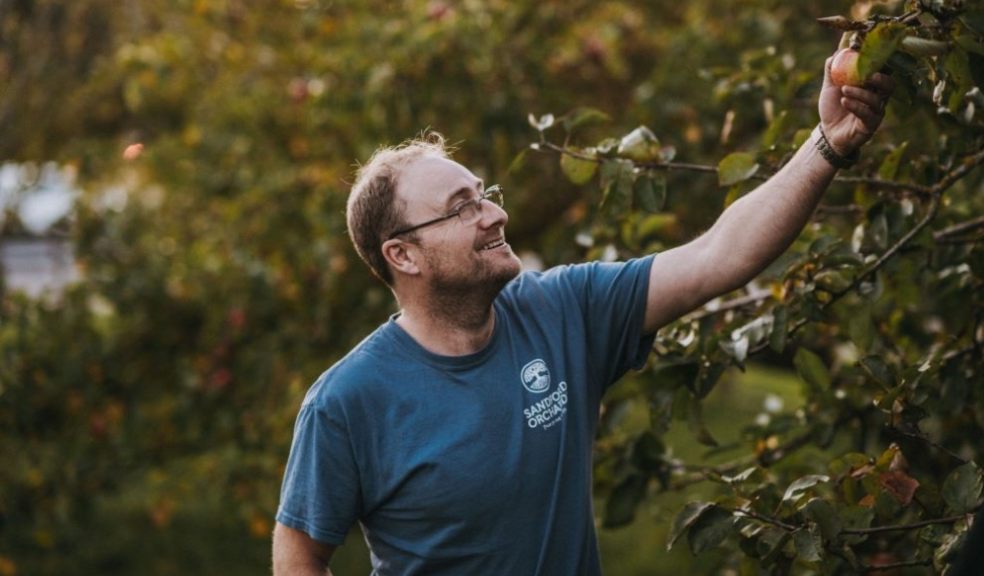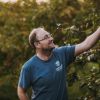
Cider done right is better for the planet
Award-winning cider maker, Sandford Orchards, has revealed why drinking its fabulous cider is a more sustainable option than many other alcoholic and non-alcoholic beverages on the market. Sandford Orchards’ natural, low-impact approach to producing cider is good for soil health and wildlife diversity. It also has a short supply chain and uses a lot less energy and water than many of its counterparts.
Barny Butterfield, Chief Cidermaker at Sandford Orchards explains: “Starting from the ground up, our apples grow in local orchards, many of which contain diverse and often historic apple trees. Once planted, the soil in these orchards remains untouched, often for centuries, allowing the natural drawdown of carbon into the earth. Undisturbed soils are better for natural fungi, small and large invertebrates, burrowing insects, small mammals and all the greater food web that relies on them. Healthy soils are the super-power at the heart of any thriving ecosystem.”
Barny continues: “The apple trees are fantastic carbon sinks too. The deep roots, the trunk and branches all lock in carbon, as do the leaves and unharvested fruit. They are also an amazing food source for a huge range of creatures. During blossom time, a 20 acre orchard serves up 900kg of nectar and 3.5 tons of pollen and the apples, both on the tree and later on the ground, all provide a hugely welcome larder for insects, birds, bats, hedgehogs mice, voles, owls, foxes, badgers and more.”
In addition, Sandford Orchards has put a number of things in place to reduce their energy consumption and use renewable sources, where possible. Barny adds: “We like to keep our supply chain short and to recycle any waste. Our furthest orchard is only 20 miles away and our by-products of pressing and fermentation are both sent locally to be bio-converted into natural green gas, and to re-capture CO2. This CO2 is then returned to the ciderworks to carbonate our ciders.”
Barny elaborates: “We use locally coppiced regenerating woodlands for fuel for heating water and have installed solar panels which produce 25% of our required electricity. We have switched to electrical forklifts, and currently two of our company cars are EV with a plan in place to have all our company vehicles charged by renewable power. We use the clever architecture of the building to keep the premises at a constant temperature and also maximise the use of natural lighting, plus we move the apples into the mill using rainwater harvested from our roofs. In areas where we require temperature control, we have retro-fitted full insulation and rapid closing doors, hugely reducing the energy required to keep an even temperature.”
Another key point that sets Sandford Orchards’ cider apart from many other drinks is that they use minimal heat to produce it. Barny explains: “By using filtration and cold sterilisation most of the time, the warmest our cider gets is when you drink it! Compared to other drinks that require massive heat inputs to boil ingredients, the energy we need to use to make our cider is tiny. It is all about fabulous apples, grown in wildlife-rich local orchards with minimal other inputs. Our low impact approach to cider-making means you can enjoy a pint in the knowledge that you’ve made a sustainable choice.”
Founded in 2002, independent, family-owned Sandford Orchards is based in Crediton, Mid Devon in the oldest working cider mill in the UK. The area has long been known as one of the most fertile parishes in all of Britain, both for its grazing and ability to grow apples. Crediton sits in the lee of the moors, so receives the right amount of rain and the right units of heat in summer.













